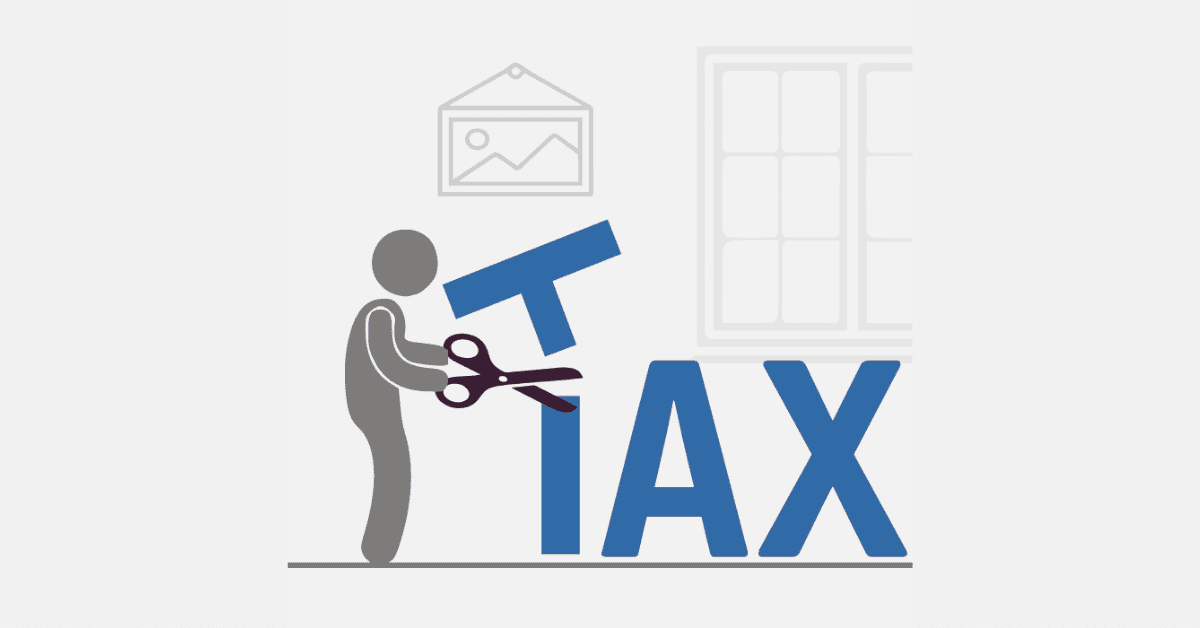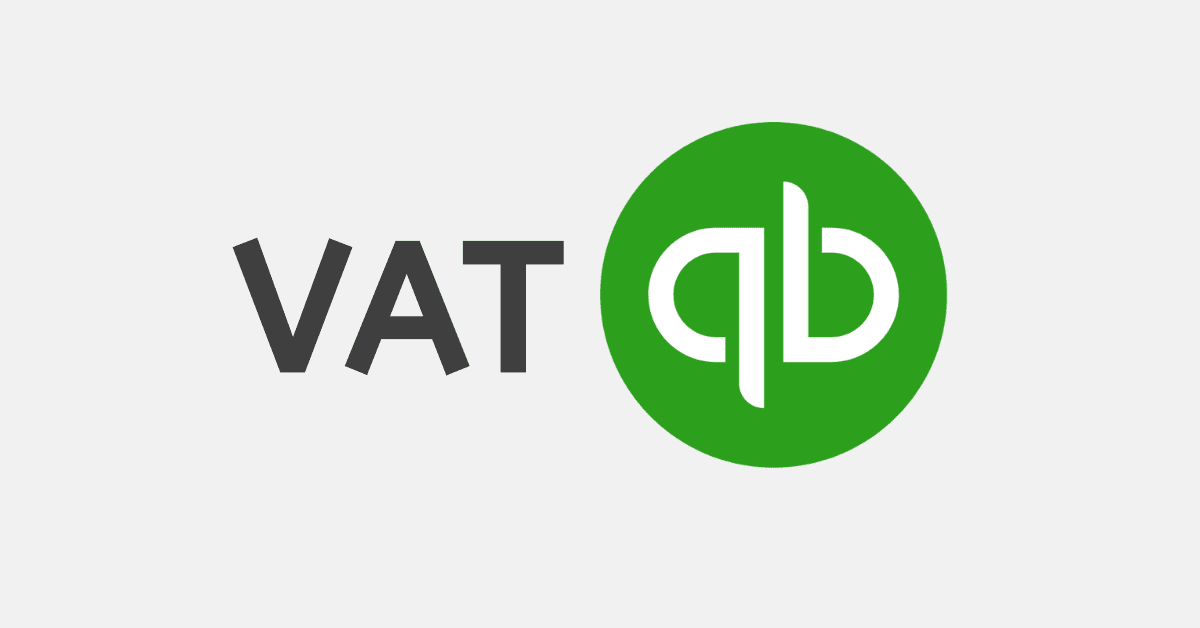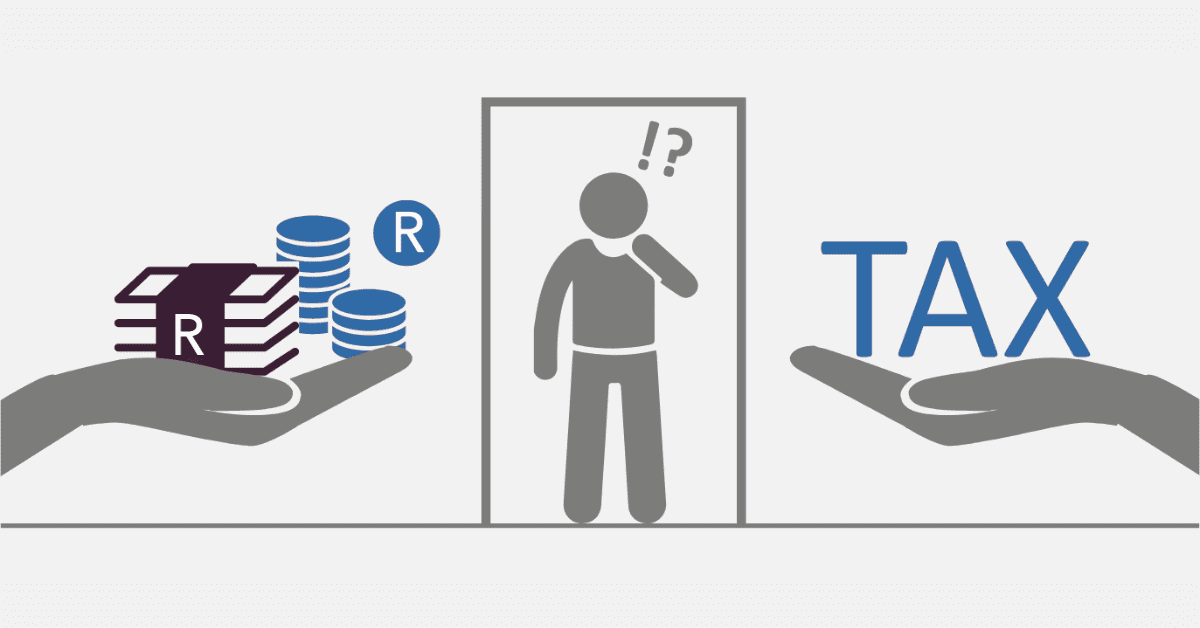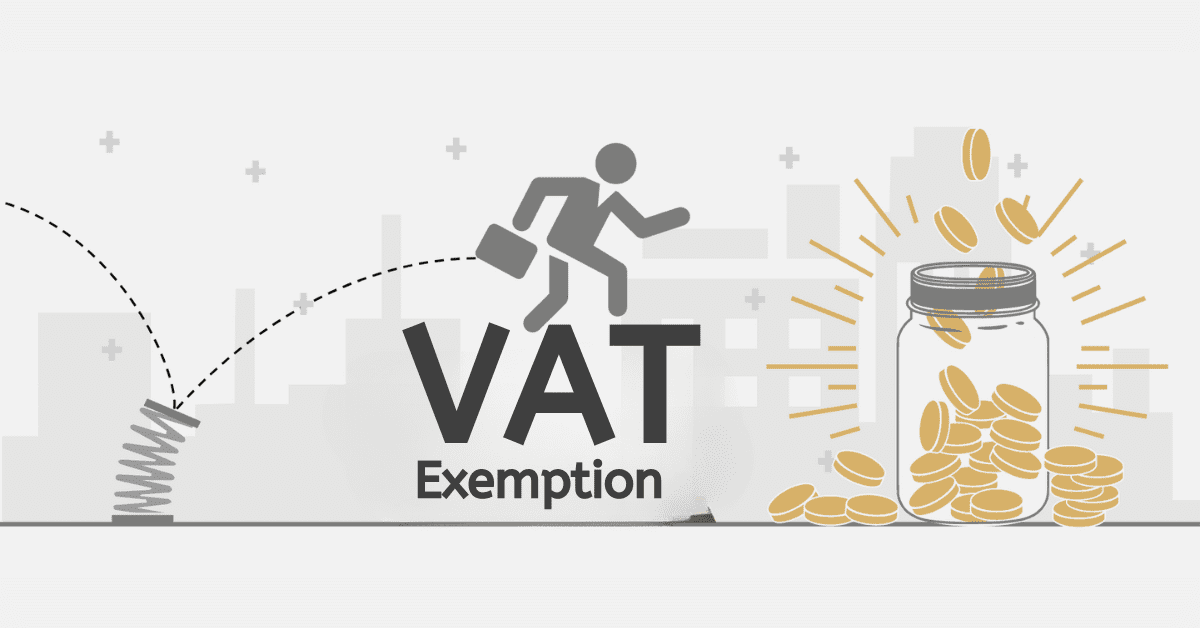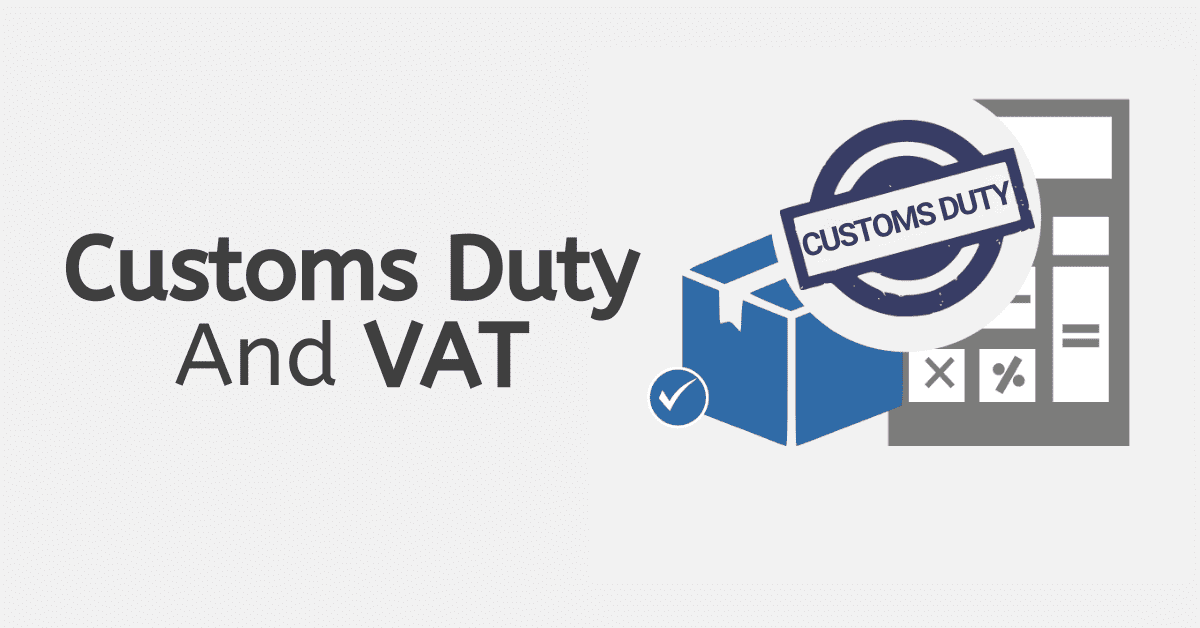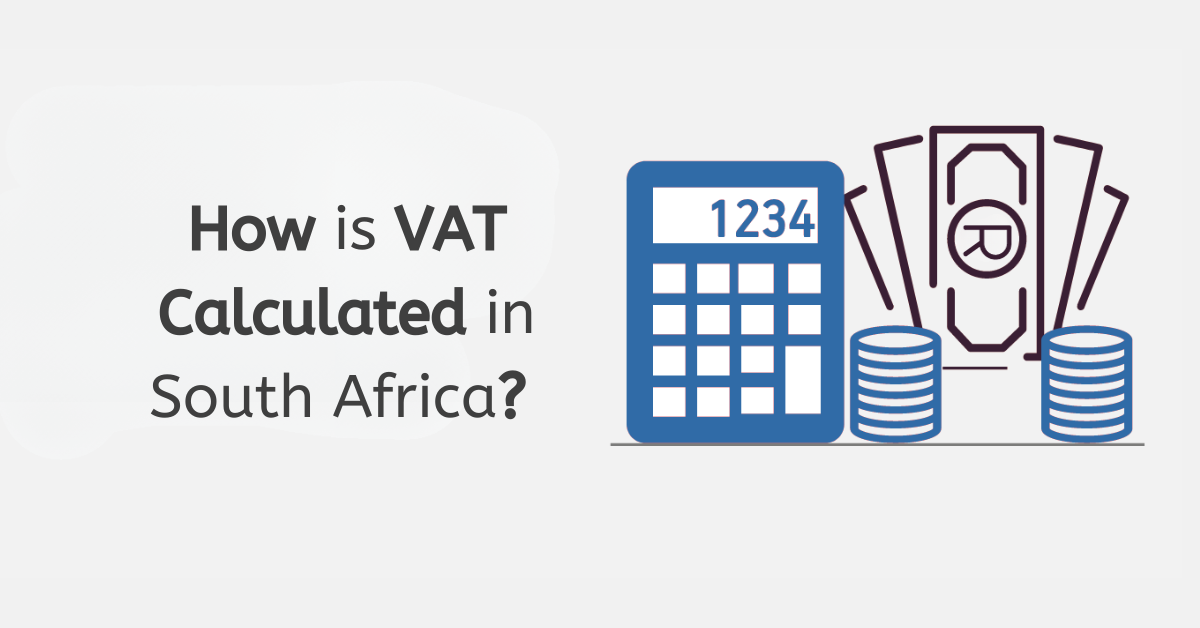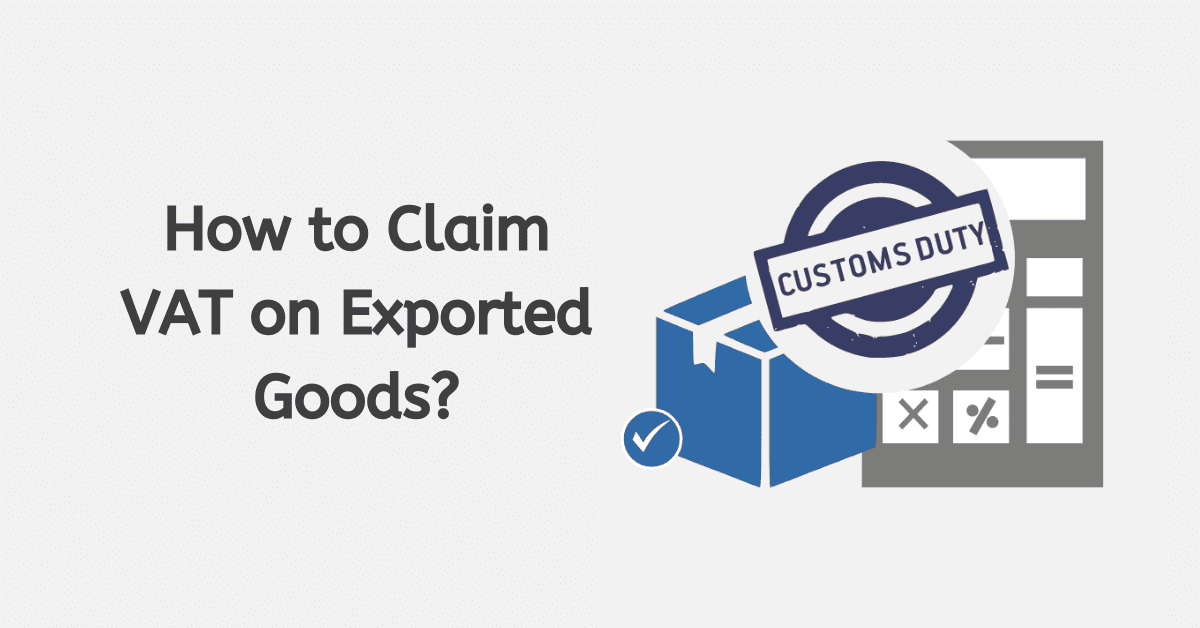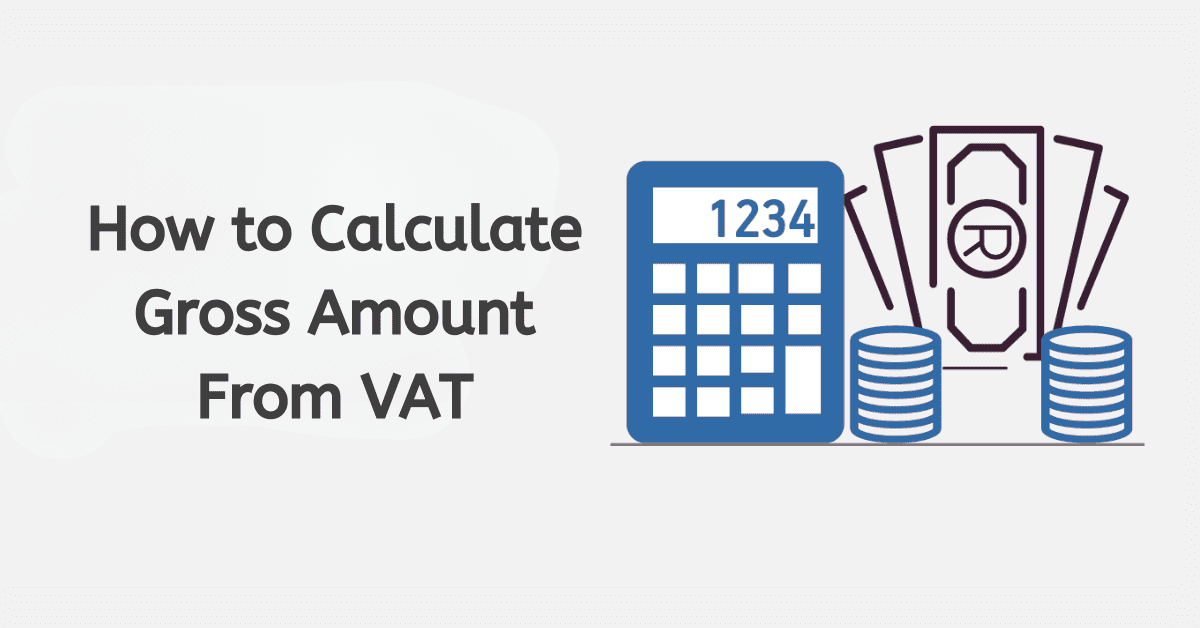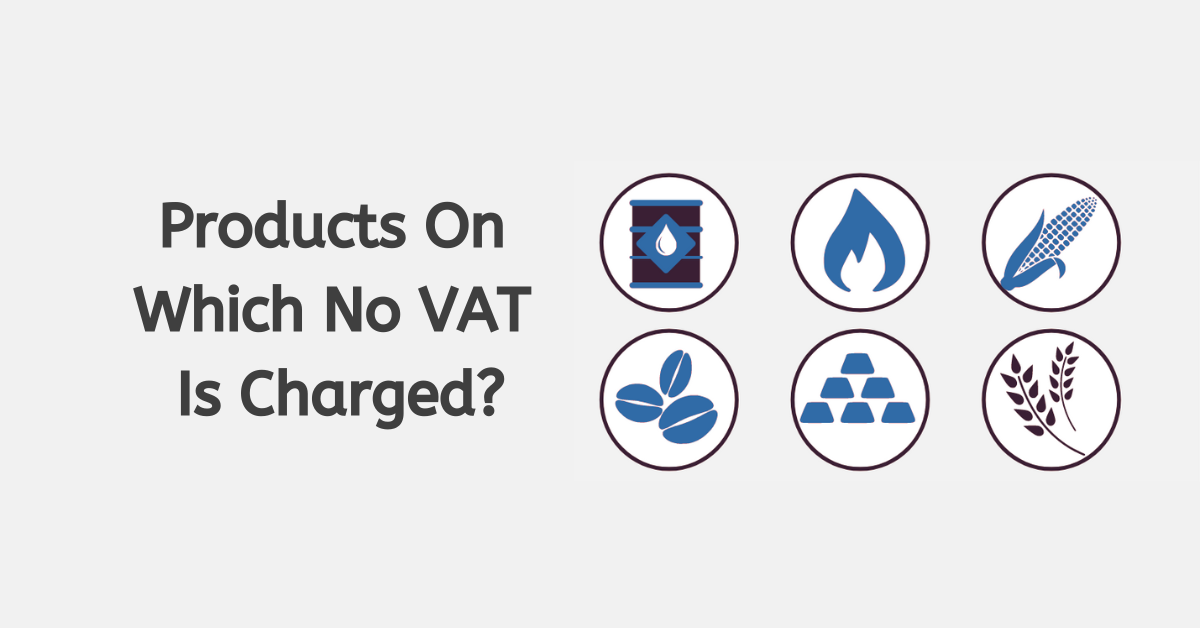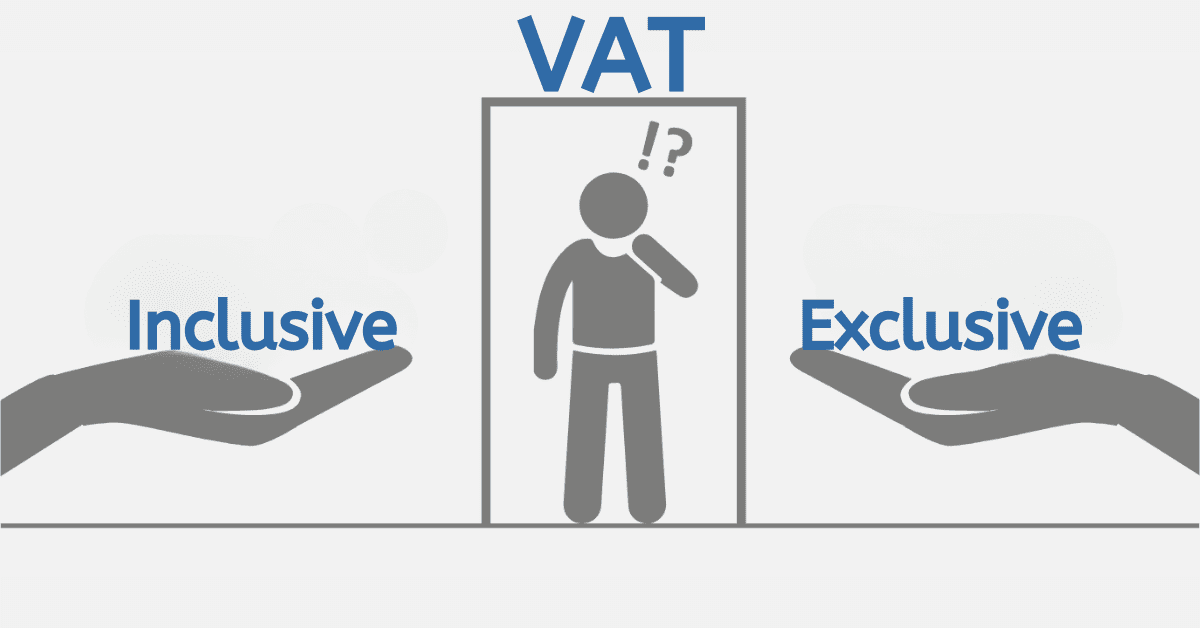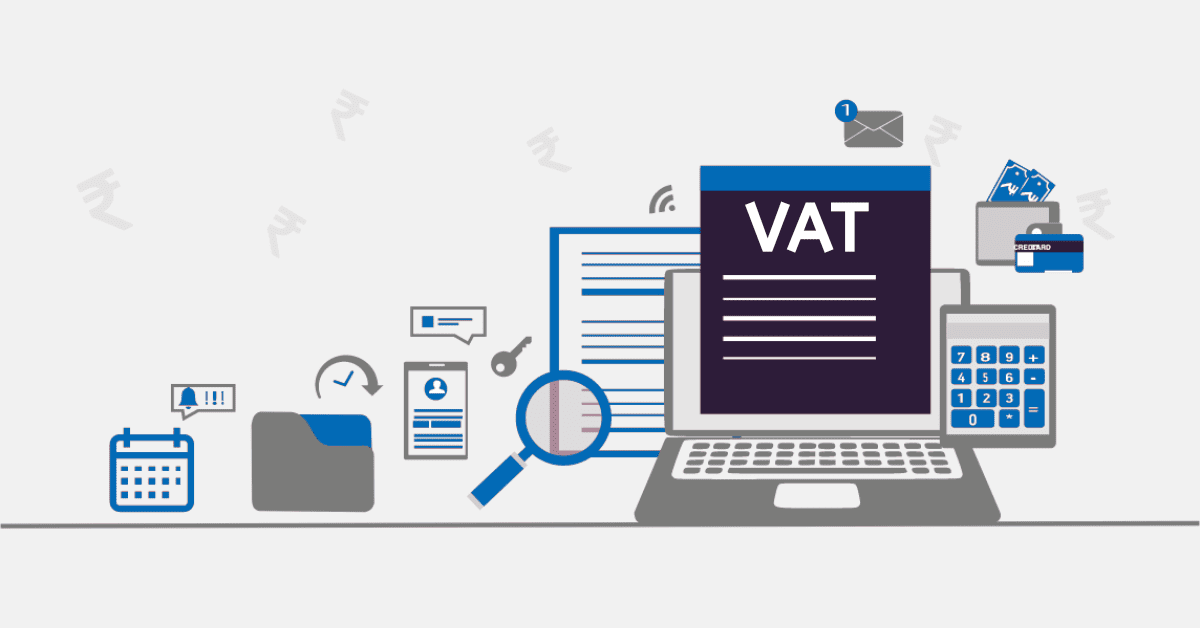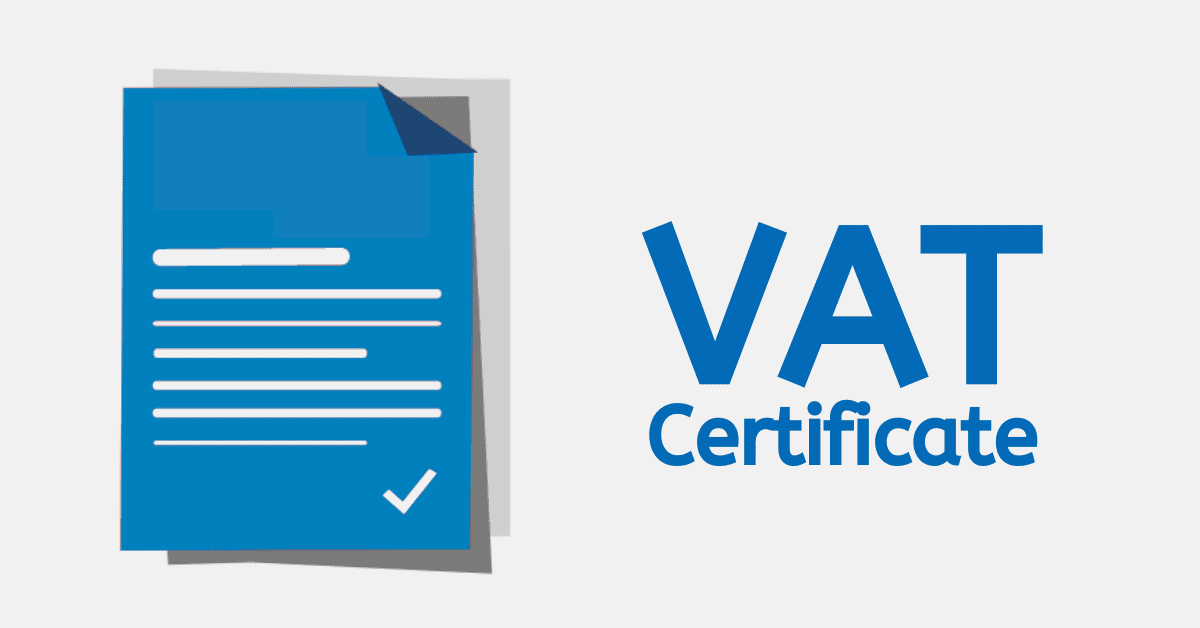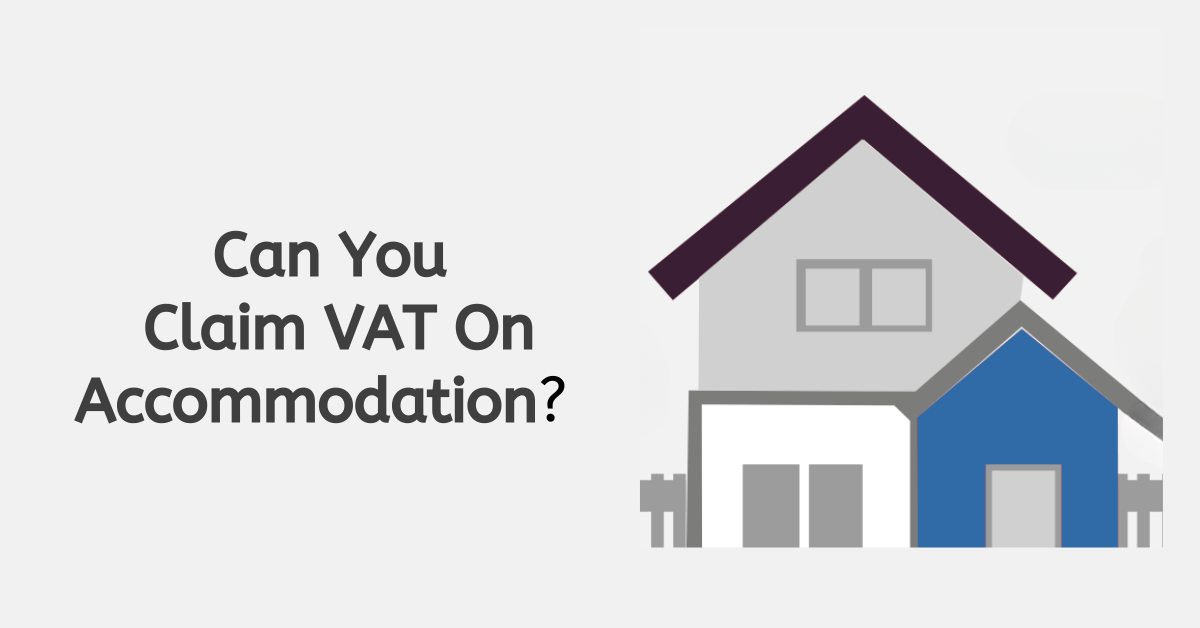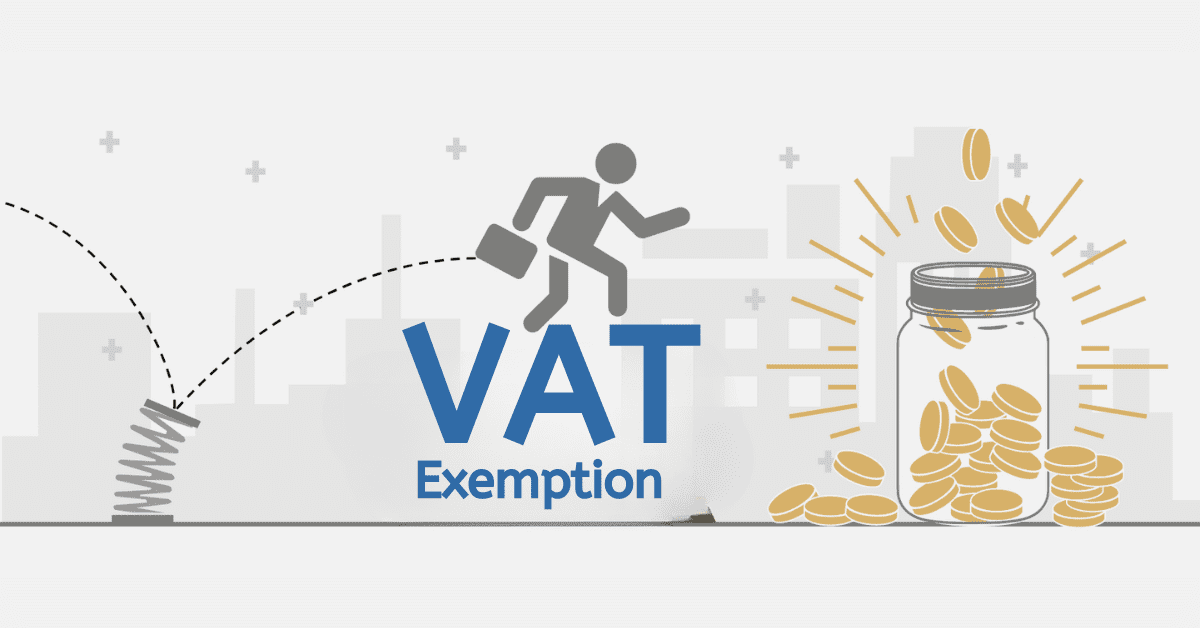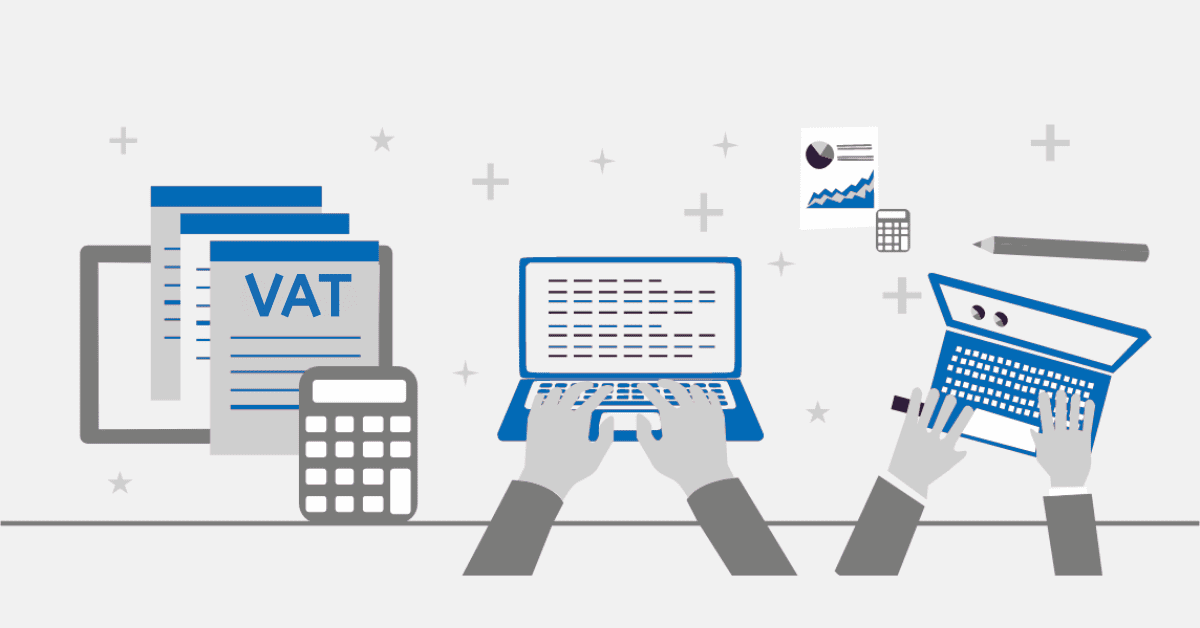Within the domain of taxation in South Africa, the notion of Deferred Value Added Tax (VAT) is a conceptual framework that affords businesses a certain level of adaptability in effectively handling their VAT responsibilities. This provision enables the deferral of Value Added Tax (VAT) payment for a designated duration. A comprehensive comprehension of the complexities associated with Deferred VAT is vital for enterprises seeking to enhance their liquidity management while yet adhering to tax statutes.
What is deferred VAT?
Deferred VAT in South Africa pertains to the provision extended to Customs clients who are duly registered or licensed, allowing them to delay the settlement of Customs duty and VAT for a designated timeframe, typically spanning up to thirty days. The primary objective of this method is to mitigate the immediate financial challenges faced by enterprises involved in international trade. By opting to defer these payments, businesses can enhance their ability to manage their cash flow in a more efficient manner, so affording them a certain level of financial adaptability. This facilitates more efficient management of logistics and financial resources, particularly in situations pertaining to the importation of commodities.
Do I need a VAT deferment account?
In order to avail themselves of the advantages of deferred value-added tax (VAT) in South Africa, businesses often require the establishment of a VAT deferment account. This particular account plays a crucial role in simplifying the process of deferred payment. This deferment account is exclusively available for clients who are already registered or licensed with Customs. Upon receiving approval, individuals are granted the privilege to postpone the payment of Customs duty and VAT for a designated duration, thereby alleviating the financial strain associated with the importation of products.
What is the difference between postponed VAT and deferred VAT?
Although both Postponed VAT and Deferred VAT aim to offer financial assistance to enterprises engaged in foreign trade, there exist notable distinctions between these two approaches. Postponed VAT accounting refers to the practice of delaying the payment of Value Added Tax (VAT) on importation to a subsequent date, while emphasizing that the payment remains obligatory. In contrast, the implementation of deferred VAT in South Africa involves the deferral of both Customs duty and VAT. Comprehending these distinctions is of utmost importance for firms in order to select the most appropriate method in accordance with their particular requirements and financial objectives.
Do you pay VAT on deferred income?
Value Added Tax (VAT) is commonly levied on the provision of goods and services in South Africa. Nevertheless, the notion of postponed income has intricate intricacies. The occurrence of VAT liability is typically initiated with the occurrence of a supply. Now, let’s talk about a twist – when income decides to take its time, the VAT liability might decide to chill too. Whether you pay VAT on that deferred income depends on what kind of income it is and what the VAT rules say. For these head-scratching moments, it’s smart to bring in the tax pros. They’re like the guides through the maze of VAT regulations. Smooth sailing, no surprises.
Who is eligible for postponed VAT accounting?
Imagine you’re a business in South Africa, and you’re involved in international trade. You’re importing goods, and along with them comes a hefty VAT bill. But wait, there’s a lifeline! It’s called Postponed VAT accounting.
Now, this isn’t for everyone. It’s like an exclusive club, typically extended to businesses just like yours, engaged in the importation of goods. If you’re a registered or licensed Customs client, you can apply for this mechanism. It’s like getting a golden ticket!
What does this golden ticket do? It allows you to defer the payment of VAT on importation to a later date. It’s like getting a rain check on your VAT payment. This can be a valuable tool in your financial toolbox, helping you manage your cash flow and optimize your financial planning.
So, in the context of cross-border transactions, Postponed VAT accounting is like a secret weapon. It’s all about giving you more control over your finances and helping you navigate the complex world of international trade.
Final Thoughts
So, let’s wrap this up. Picture deferred VAT in South Africa as a superhero in the world of international trade. It swoops in and offers businesses the flexibility to defer Customs duty and VAT payments for a specified period. It’s like hitting your tax obligations’ snooze button!
This superhero power enhances cash flow management and financial planning, making cross-border transactions more efficient. But like all top-rated superhero tales, there’s a twist. You need to understand the distinctions between postponed VAT and deferred VAT. It’s like knowing the difference between Batman and Superman!
While deferred income may introduce some complexities regarding VAT liability, don’t worry! Tax professionals are like your sidekicks, ready to guide you through these challenges.
So, in the end, deferred VAT mechanisms contribute to a more agile and responsive business environment in the realm of international trade. It’s like having a superpower that helps you navigate the complex world of taxes!
